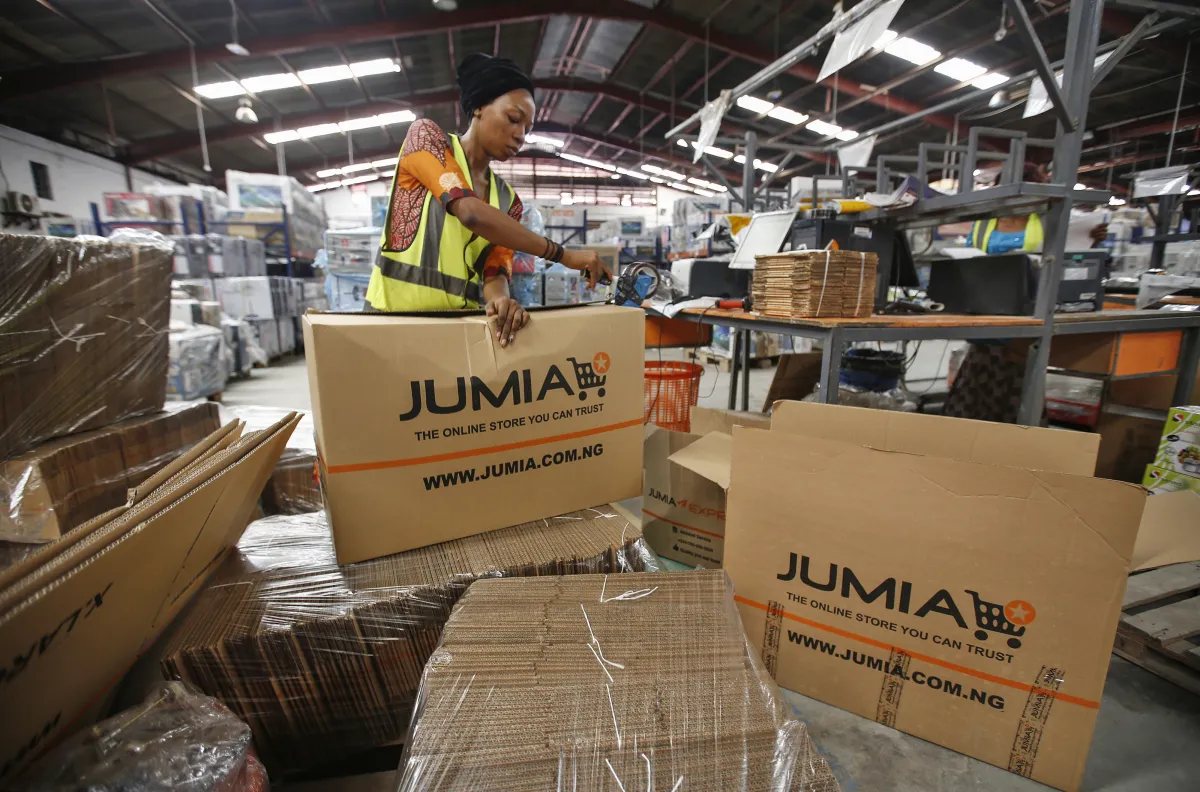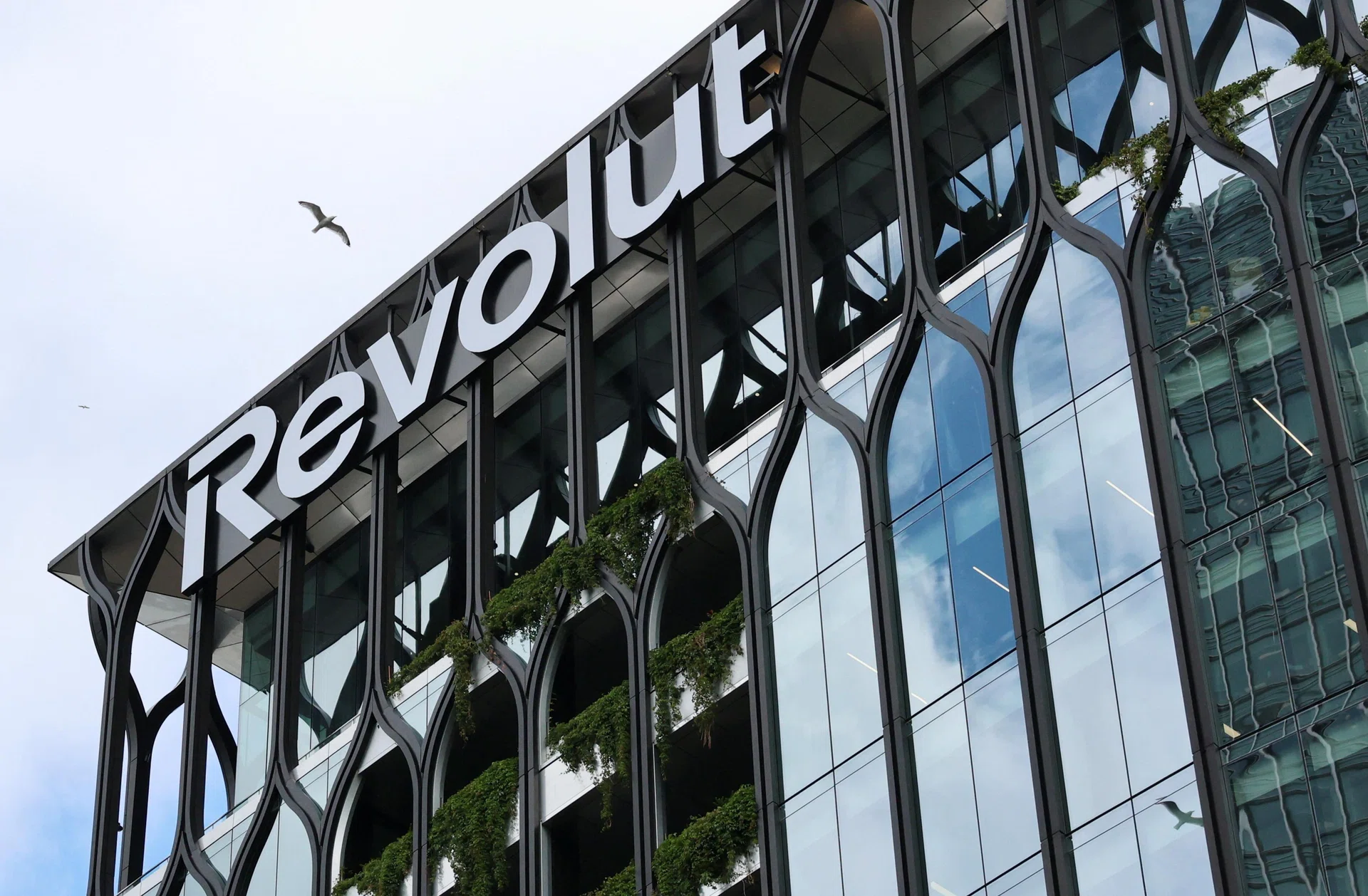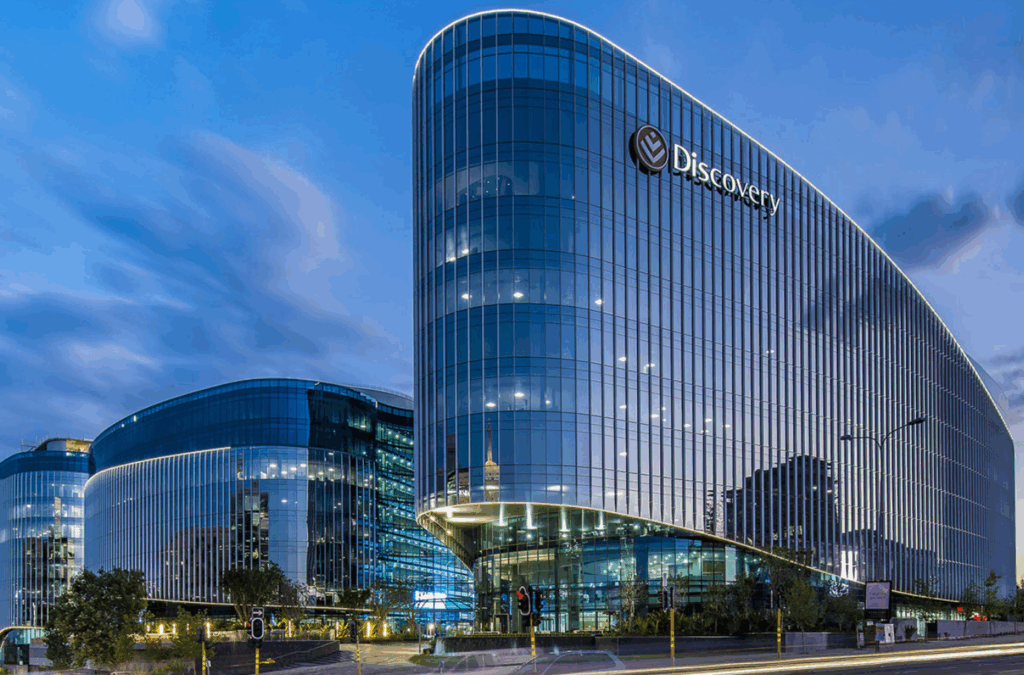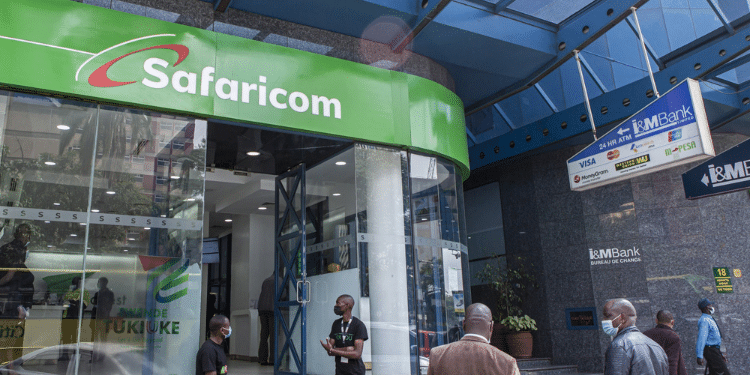Envision ordering a phone from your couch in Aswan and having it arrive at your doorstep in record time. For millions across Egypt, this vision is edging closer to reality with Jumia’s bold new step: a massive 27,000-square-metre logistics hub on Cairo’s Suez Road.
Launched in June 2025, this isn’t just a warehouse; it’s a turning point for e-commerce in Africa. But can it truly solve the puzzle of last-mile delivery? Let’s unpack the facts, cut through the hype, and explore what this means for shoppers, businesses, and Egypt’s digital future.
A Powerhouse on Suez Road
Jumia, Africa’s e-commerce giant, isn’t playing small. This new facility, inaugurated with heavyweights like Egypt’s Prime Minister Dr. Mostafa Madbouly, Minister of Communications Dr. Amr Talaat, and Cairo Governor Dr. Ibrahim Saber, is a statement of intent.
Spanning an area equivalent to nearly five football fields, the hub is designed to streamline storage, sorting, and distribution.
Its strategic location on Suez Road positions it to serve not just Cairo but also underserved regions like Upper Egypt, where fast delivery has often been a pipe dream.
The numbers are impressive: the hub is projected to create 10,000 direct and indirect jobs, boosting local economies.
It’s also a tech marvel, with Egyptian engineers developing software to power its operations, aligning with Egypt’s push to become a regional digital hub.
Why Last-Mile Logistics Matters
Last-mile delivery, the final step from warehouse to customer, is the make-or-break moment for e-commerce. In Egypt, where traffic congestion, sprawling cities, and remote regions present challenges, getting packages to doorsteps efficiently is no small undertaking.
Jumia’s Cairo Super Hub aims to tackle this head-on by:
- Speeding Up Deliveries: Enhanced sorting and distribution systems mean faster shipping, especially to Upper Egypt.
- Cutting Costs: Centralised logistics can reduce per-package delivery expenses, potentially lowering prices for consumers.
- Scaling Capacity: With room to handle millions of orders, the hub supports Jumia’s growth without bottlenecks.
READ ALSO:Buy More for Less with Jumia as Delivery Costs Are Set to Come Down
The Bigger Picture: Egypt as a Digital Hub
Egypt is no stranger to Jumia’s ambitions. The country already hosts one of Jumia’s largest tech centres, with engineers crafting solutions for its pan-African operations.
This warehouse isn’t just about moving boxes; it’s about cementing Egypt’s role as a nerve centre for e-commerce innovation.
The hub builds on Jumia’s earlier expansions, like a warehouse in Ivory Coast launched in April 2025, showing a clear strategy to dominate African logistics.
The Egyptian government is all in. Dr. Amr Talaat emphasised training programmes to equip locals for tech-driven jobs, while the hub’s alignment with Egypt’s Vision 2030 underscores its focus on digital transformation and youth employment.
But here’s the critical question: will this translate to real benefits for everyday Egyptians, or is it just a shiny win for corporate and government PR?
Promises vs. Reality: Can Jumia Deliver?
Jumia’s track record offers clues. Since launching in Nigeria in 2012, it’s grown to 14 African countries, connecting 70,000 sellers to millions of customers.
Its logistics network, including partnerships with local delivery firms and innovations like drone deliveries with Zipline, shows it’s not afraid to experiment.
In Egypt, Jumia’s sorting centre already handles over 50,000 packages daily, with 85% next-day delivery in major cities. The new hub could push that efficiency even further.
But challenges remain:
- Infrastructure Gaps: Rural areas still lack reliable roads and connectivity, which could limit the hub’s reach.
- Competition: Rivals like Amazon and local players are eyeing Egypt’s growing e-commerce market.
- Economic Pressures: Inflation and currency fluctuations could affect pricing and consumer demand.
What’s in It for You?
For Egyptian shoppers, the promise is clear: faster deliveries, more product options, and potentially lower prices.
Small businesses and local manufacturers also stand to gain, with better access to Jumia’s marketplace to reach customers nationwide.
The hub’s focus on Upper Egypt could bridge the urban-rural divide, bringing e-commerce to areas long overlooked.
READ ALSO:Jumia Welcomes PalmPay Partnership for Seamless Payment Integration
For investors, Jumia (NYSE:JMIA) is signalling confidence. The stock has seen ups and downs, but this investment, along with Egypt’s investor-friendly reforms, could strengthen its long-term prospects.
Dr. Madbouly’s presence at the launch wasn’t just ceremonial; it’s a nod to Egypt’s push to attract global players.
So, can Jumia transform last-mile logistics? The pieces are in place: a strategic location, government backing, and a tech-driven approach.
But only time will tell if this hub lives up to its hype as a “launchpad for innovation”. For now, as packages zip from Suez Road to doorsteps across Egypt, Jumia’s making a bold case that the future of African e-commerce starts here.
Ronnie Paul is a seasoned writer and analyst with a prolific portfolio of over 1,000 published articles, specialising in fintech, cryptocurrency, and digital finance at Africa Digest News.







Leave a Reply